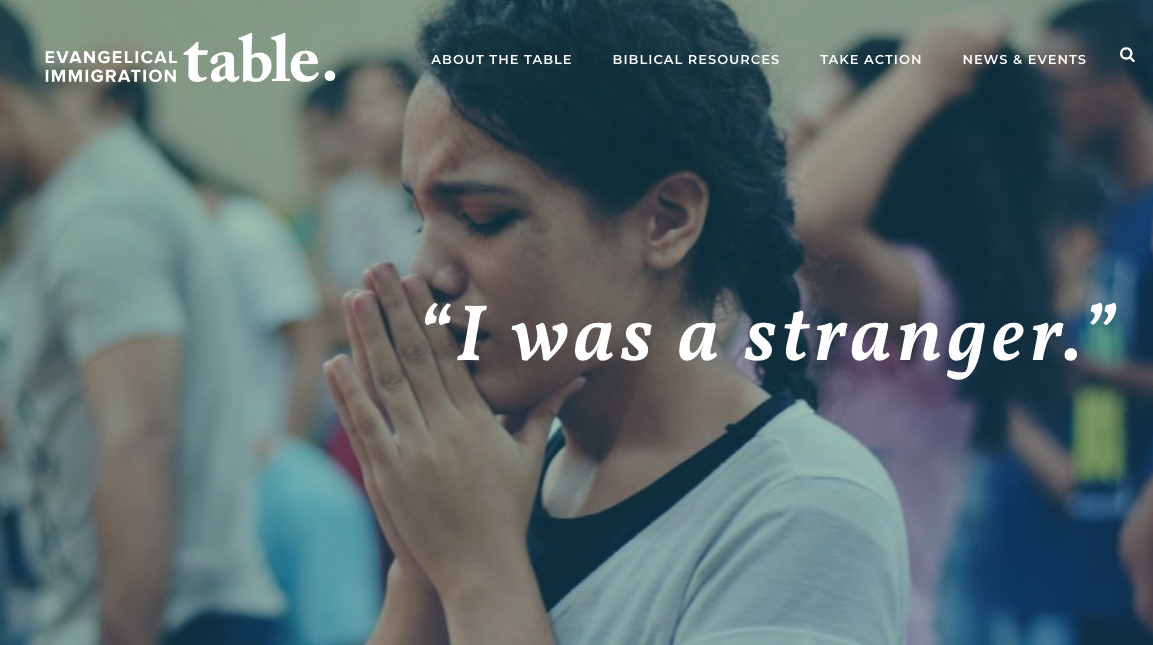
If you’re a parent trying to give your child the best education possible, I would worry about teacher quality and your own involvement in your little one’s intellectual development before I’d worry about class size. I’m not saying that having 19 children per room isn’t preferable to 23. I’m just saying that the student-to-teacher ratio won’t matter a tremendous amount if your son’s teacher thinks four plus twelve equals purple or you want your kid to memorize the chronology of WWE champions instead of U.S. presidents.
So if little Bryden (because that’s what boys are named these days, in case you hadn’t already given up on humanity) has a bit of an overcrowded class, but a solid teacher and great support from you, don’t let anybody convince you that you’re selfishly endangering his education if you don’t turn your life upside down by moving to a slightly less-congested school district.
Likewise, if you’re a Christian parent trying to give your child the best spiritual formation possible, don’t let anyone convince you that you’re selfish for not making the size of a congregation your number one priority. In particular, don’t let megachurch pastor Andy Stanley convince you that you’re endangering your child’s soul if you don’t attend a large congregation.
If you’re a bit confused by Stanley’s accusation (one that, to his credit, he quickly recanted), here’s what he meant: Making friends at church is what keeps people in the faith, and the more kids your church has, the more opportunities your children will have to make friends. Therefore, if you attend a congregation that only has enough kids for a joint middle school/high school youth group, you’re reducing your kids’ friend-making potential and thus putting them at risk.
It doesn’t matter if the local megachurch’s Christology is wonky enough to keep you at a smaller parish or if the mid-sized flock you belong to is where you and your kids were both baptized and confirmed, apparently. To Stanley, it would be better for you to have a millstone hung around your neck and be thrown into the sea than that you should cause your freshman to share a bag of Doritos and a TeenzAlive! Study Bible with a seventh grader.
Think Substance Over Packaging
But just as classroom size isn’t as big a factor in a child’s intellectual development as are teachers and parents who are committed to his education, so congregation size isn’t as big a factor in a child’s spiritual care as are pastors and parents who are committed to feeding him with the gospel.
If, for example, your kids rarely encounter your congregation’s pastor because he exiles them to more “age-appropriate worship” during the Sunday morning service, if he doesn’t know your kids’ names, if their shepherd never actually, well, shepherds them, then it won’t particularly matter how many other kids kick beach balls around the youth room while the guy Christ sent to feed his little lambs is ignoring them.
Likewise, if your pastor pays plenty of attention to your kids, but doesn’t actually proclaim the gospel to them—if all they see in the pulpit is an ordained John Kasich saying that, golly gee, all God wants is for us to hug our friends and be swell to each other, it won’t matter if they hear zero words of Christ’s gospel with five or five hundred kids their age.
When Pastors and Parents Take Church Seriously
Similarly, if you think that praying with your kids and reading the Bible to them and telling them that Christ has won eternal life for them is not your job, but exclusively the job of your congregation, if you treat church the way that many parents treat public schools, then, when your kids grow up, they’ll likely stop going to church for the same reason they stopped going to high school—because, in their minds, they graduated. And it won’t matter how many Sunday School friends your children have, because not even the perfect number can unteach what you’ve taught—namely that they’ve moved past needing to feed at Christ’s altar, font, and pulpit,
But if your kids are blessed with a pastor who is actively involved in your children’s spiritual lives, a less-than-ideal number of fellow five-year-olds for them to stab in the eye with a green branch on Palm Sunday isn’t going to snatch them out of Christ’s hands.
For generations, pastors of small, mid-size, and large congregations have kept their little lambs in the faith by walking into the pulpit each week and not walking out again until they’ve told those lambs that their sins and sorrows have all been drowned in the blood of Christ forever. They’ve done this by walking into the hospital at three in the morning with Bible in hand as those kids were getting prepped for emergency surgery. They’ve done this by speaking only words of forgiveness after those kids have confessed the worst of their sins to them and never looking at those children any differently post-absolution.
Granted, this kind of pastoral care can’t really be offered by pastors to 36,000 people spread across six campuses, but it has been and still is and will continue to be offered by faithful pastors around the world of varying non-mega sizes.
The Immunization for Unbelief
Likewise, if your kids grow up seeing how important the gospel is to you both inside and outside the sanctuary, the size of your congregation will be irrelevant. For example, when my grandfather was a young man, he contracted polio and never walked again. But every Sunday morning, he would pack his family into the car to go to St Paul’s Lutheran Church. During the harsh Minnesota winters, his crutches would often slip on the icy pavement. But winter after winter, year after year, he kept dusting the snow off his bloody knees and picking himself back up to bring his children to Jesus.
By doing that, and by reading the Bible to his children every night, praying with them and teaching them to trust in and share Christ’s forgiveness, this man who was never immunized against polio immunized his children against unbelief. Because his children saw faith mattered to him, it mattered to them, which meant their little church in a little town called Montevideo was just as equipped to bring them salvation as any giant congregation in the Twin Cities.
Granted, when dealing in things beyond flesh and blood, nothing is ever guaranteed. Sometimes children brought by the most faithful parents to the most faithful congregations fall away, and sometimes the Holy Spirit creates faith in the hearts of those who never saw their folks crack a Bible and whose only exposure to the church was an eighth grade youth lock-in where some old lady yelled at them for mixing the M&Ms with the Skittles. But, by and large, if their pastors take church seriously and if their parents take church seriously, kids are far more likely to remain Christians as adults.
So if you want what’s best for your children’s souls, don’t worry about the size of the youth group. Instead, find a congregation with a pastor who always points your kids to Christ and his salvation, focus on pointing your children to the same Savior every day, and go to sleep in peace at night, knowing that you don’t have to worry about anything else.









